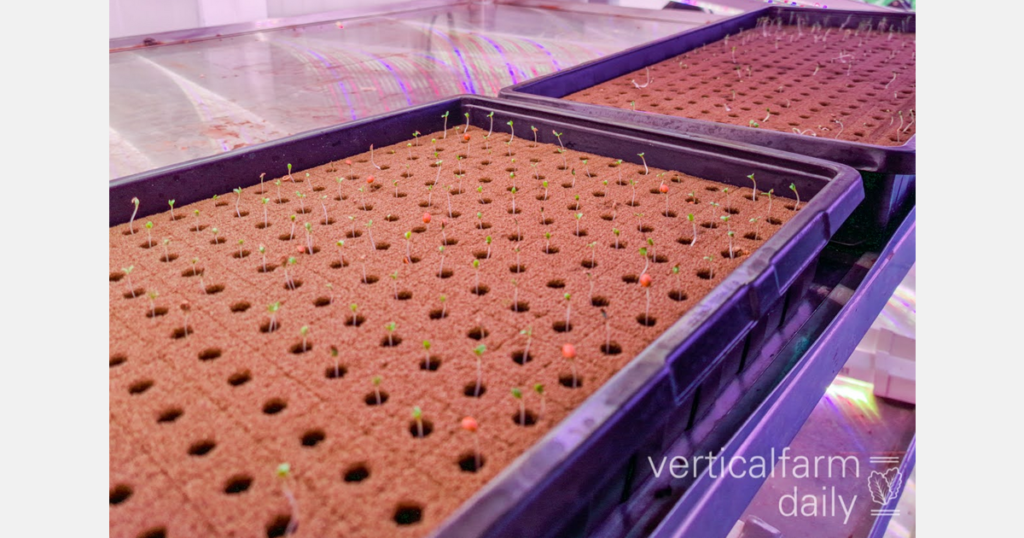Microorganisms such as bacteria and fungi play an important role in nature. For example, they help plants absorb nutrients and protect against disease. Scientists from the Wageningen University Research Department (WUR) and the Netherlands Institute of Ecology (NIOO-KNAW) conducted a study of the seed microbiome and how it can improve seed quality and plant growth. I plan to find out if it helps. The Netherlands Research Council (NWO) is funding this project.
This study focuses on three key questions:
How do genetic traits and seed characteristics influence microbial recruitment? Which microorganisms contribute to improved seed and plant performance, especially during drought stress? Underlying plant-microbe interactions What are some mechanisms?
This research explores the role of microorganisms in plant growth, specifically how these “invisible helpers” invade the next generation of plants through seeds and how they contribute to seed and plant resilience. The purpose is to gain a deeper understanding. This knowledge can improve agricultural sustainability. Farmers and growers will then be able to harness microbes to grow stronger, healthier plants and be more resilient to climate change. Research leader Leonie Bensink said she was pleased with the funding from the Dutch Research Council’s Open Technology Program and said: “This funding will allow us to further develop our research in this area.” .
In addition to this study, five other application-oriented research projects in the Netherlands will receive funding from this fund, with a total amount of over 4 million euros.
Source: WUR.nl
Publication date: Friday, September 27, 2024

